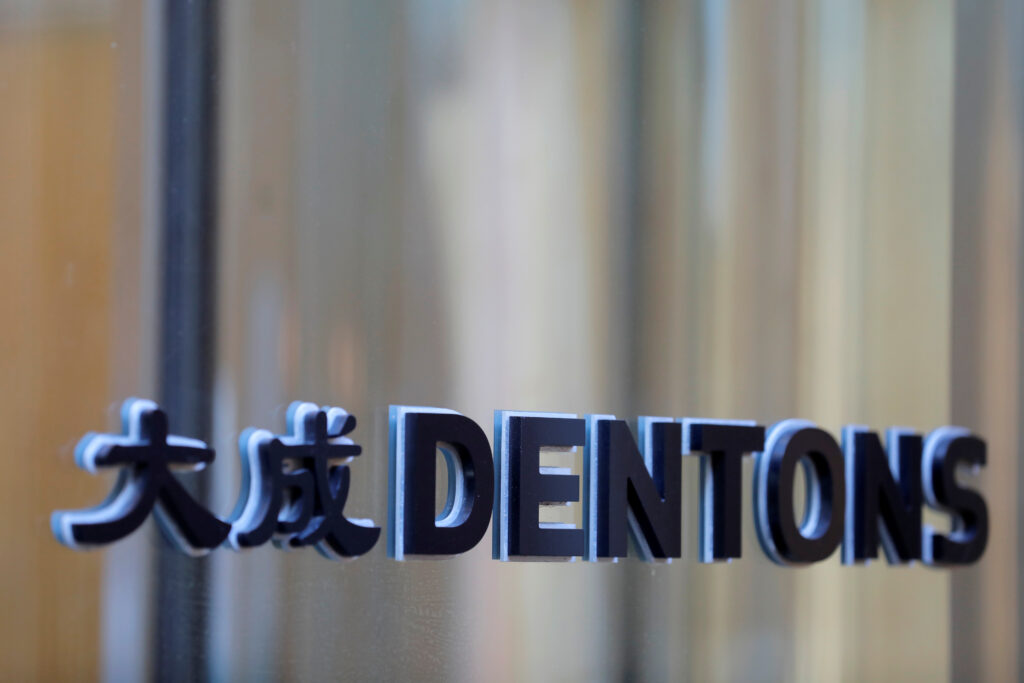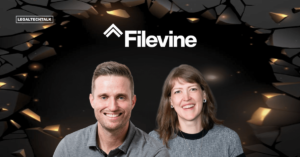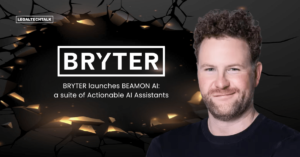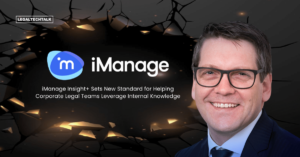Source: Legal IT Insider
We speak to Dentons’ UKIME head of innovation Joe Cohen about the global law firm’s launch of its proprietary version of ChatGPT and what the roadmap looks like.
Dentons at the start of August announced the launch of a proprietary version of ChatGPT based on OpenAI’s GPT-4 Large Language Model, which will enable the firm’s lawyers to conduct legal research, generate legal content and identify relevant legal arguments. A second bot allows multiple legal documents to be uploaded so that key data such as clauses and obligations can be extracted, analysed and queried against.
Dentons’ UKIME head of innovation Joe Cohen says that he has worked with Microsoft to ensure that all data uploaded into fleetAI is not used to train the model, cannot be accessed by anyone outside of Dentons and is erased after 30 days…
Read full article: https://legaltechnology.com/2023/08/11/dentons-ukime-innovation-head-says-private-chatgpt-fleetai-could-be-alternative-to-copilot/








